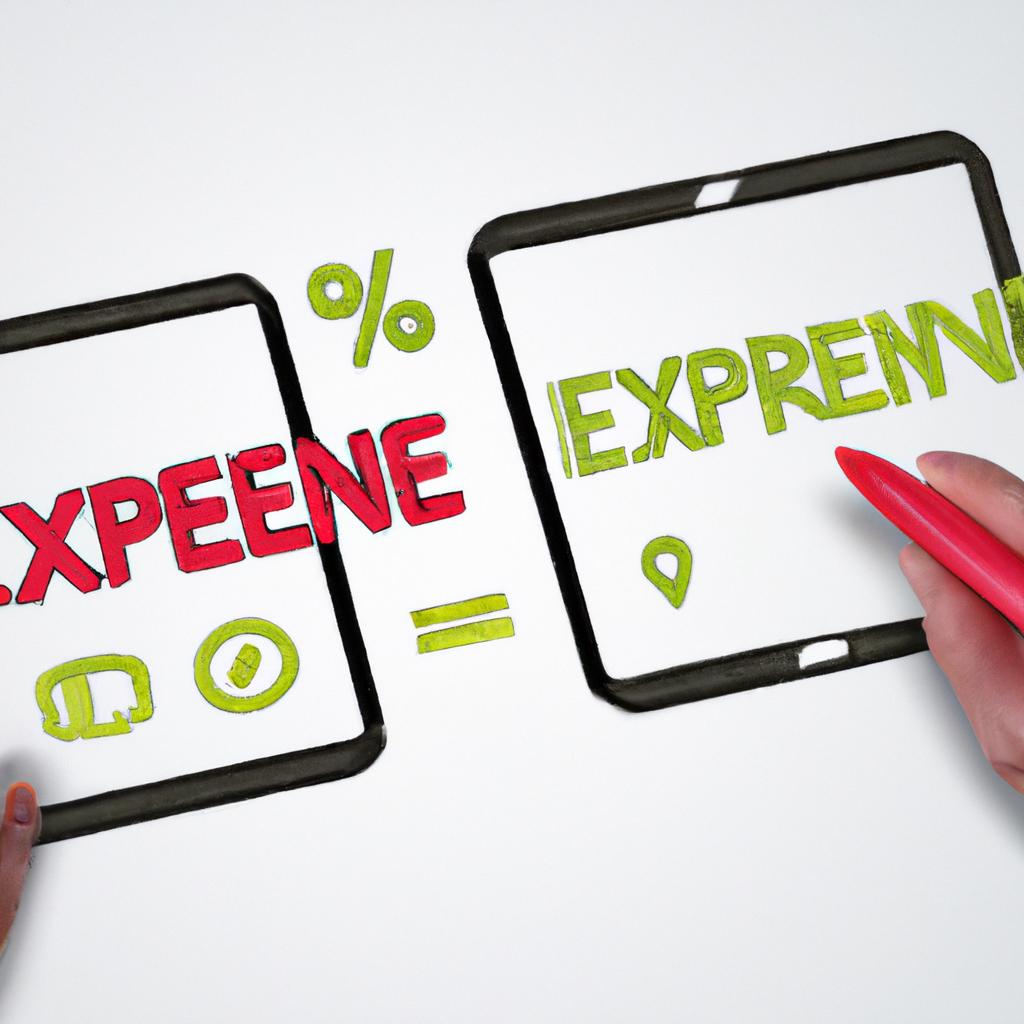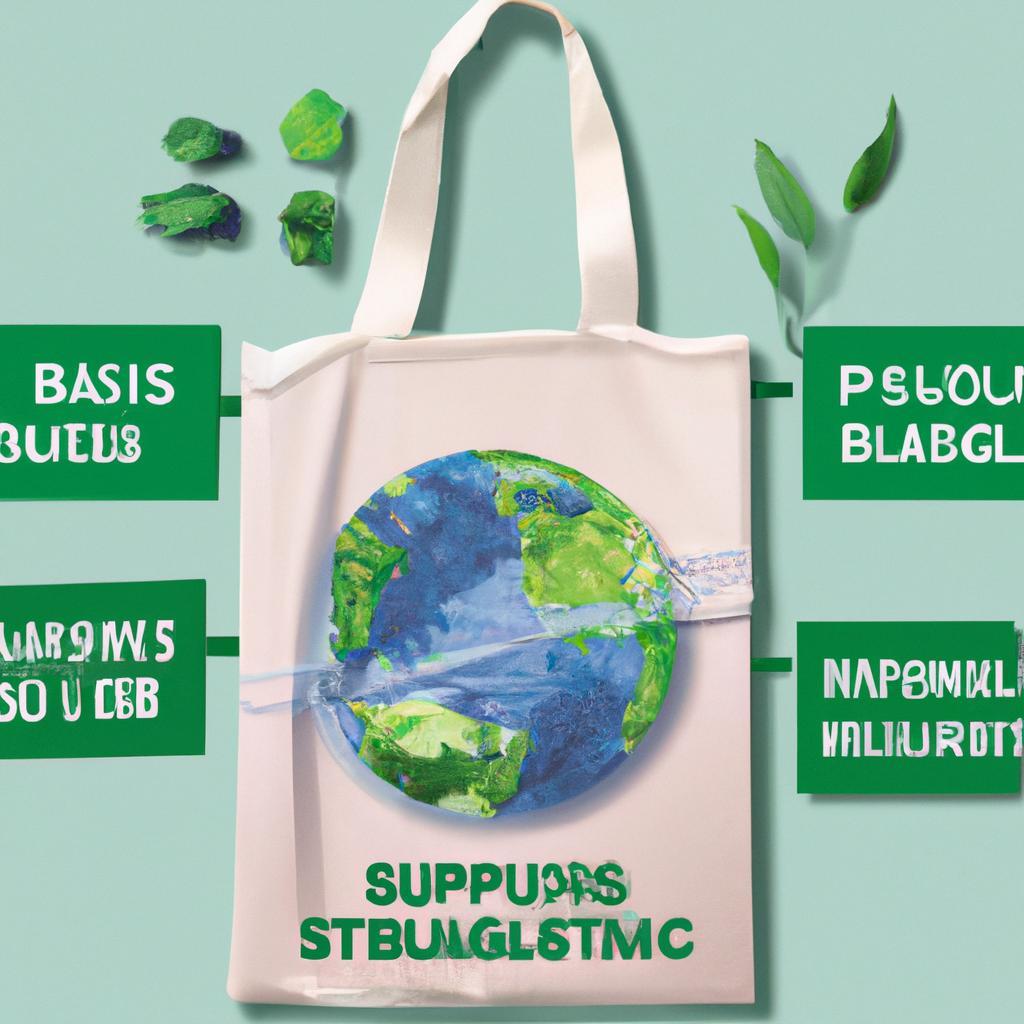In a world increasingly defined by environmental challenges, a quiet revolution is taking shape in the aisles of our grocery stores and the depths of our consciousness. The ubiquitous plastic bag, once a symbol of convenience, is slowly being redefined through a collective awakening to its environmental impact. Across continents and cultures, individuals and communities are rallying to embrace a more sustainable future, with a simple but powerful shift: the transition from disposable plastic bags to reusables. This movement isn’t just about changing shopping habits; it’s a testament to humanity’s resilience and creativity in the face of escalating waste and pollution. As we delve into the motives, innovations, and successes driving this global campaign, we’ll explore how this small but significant change can lead to a cleaner planet, one reusable bag at a time.
Shifting Perspectives on Plastic Pollution and the Rise of Reusable Alternatives
Our understanding of plastic pollution has evolved significantly, as communities worldwide become more aware of the environmental impacts caused by single-use plastics. Historically, plastic bags were seen as a convenient solution for shopping and transporting goods, but this convenience has come at a staggering cost to our planet: pollution of oceans, harm to wildlife, and an ever-growing landfill crisis. As data surrounding plastic waste continues to compile, it has energized a global movement towards more sustainable practices. Consumers today are increasingly opting for alternatives that reduce their environmental footprint, driving innovation in the market for reusable products.
This shift is not limited to personal choices; it reflects a broader cultural change urging businesses and governments to take responsibility for the materials they promote. Reusable bags, made from durable materials like cotton or recycled plastics, are taking center stage as viable solutions. They not only help reduce plastic waste but also come with a host of benefits:
- Durability: Reusable bags are designed to withstand wear and tear, offering a longer lifespan compared to disposable options.
- Cost-Effective: Though typically a higher upfront cost, using reusable bags can save money long-term as many stores offer discounts for bringing your own bags.
- Style and Versatility: Available in various designs and sizes, reusable bags can reflect personal style while serving multiple purposes beyond shopping.
| Plastic Bag Issues | Reusable Bag Solutions |
|---|---|
| Contributes to landfill waste | Reduced waste output |
| Harms marine life | Promotes wildlife protection |
| Short-term use, long-term impact | Long-lasting, sustainable use |

Innovative Design and Accessibility: Redefining the Shopping Experience
As shopping habits evolve, innovative design plays a crucial role in making sustainable choices accessible to all consumers. By reimagining how reusable bags are crafted, retailers are not only reducing the reliance on plastic bags but also enhancing the overall shopping experience. The modern reusable bag has transcended its simple origins and is now available in a myriad of styles and functionalities that cater to diverse lifestyles and preferences. These designs often incorporate **eco-friendly materials**, ensuring that convenience and sustainability go hand in hand.
Accessibility also means making these solutions available to everyone, including individuals with disabilities. This has led to the creation of features like **easy-grip handles**, **color-coded designs**, and **collapsible storage options**, allowing users to engage with their shopping in a way that feels tailored to their needs. The incorporation of such user-friendly features has sparked a shift in how we perceive reusable bags, transitioning them from mere replacements for plastic to stylish essentials that represent a **commitment to sustainability**. Furthermore, educational campaigns that highlight the benefits of ditching plastic and embracing alternatives serve to amplify this connection, enabling shoppers to make informed, impactful choices.

Building a Greener Future: Community Initiatives and Policy Recommendations for Change
In recent years, communities around the globe have mobilized to tackle the plastic crisis by promoting the transition towards reusable bags. These initiatives not only aim to reduce reliance on single-use plastics, but they also foster a culture of sustainability and responsibility among citizens. Local governments are stepping up to the plate with campaigns that underscore the benefits of reusable bags, offering incentives and educational programs that encourage behavioral change. These initiatives often include workshops on sustainable living, community events where residents can exchange or create their reusable bags, and challenges that promote the reduction of plastic consumption.
Moreover, policy recommendations are gaining traction as a form of structural change to support these grassroots movements. Measures such as bans on single-use plastic bags, taxes on plastic bag use, and subsidies for sustainable businesses are at the forefront of policy discussions. Here’s a quick overview of how communities are shaping these policies:
| Policy Initiative | Description |
|---|---|
| Plastic Bag Bans | Prohibiting the distribution of single-use plastic bags at retail locations. |
| Incentive Programs | Discounts or rewards for customers who bring their own reusable bags. |
| Public Awareness Campaigns | Educational outreach to promote the benefits of choosing reusable options. |
The Way Forward
As we draw the curtains on our exploration of the global movement toward sustainable alternatives to plastic bags, it’s clear that this shift is more than just a trend—it’s a transformative journey toward a healthier planet. By embracing reusable bags, we take a collective step away from single-use convenience and toward a future that prioritizes environmental responsibility.
While each small action may seem insignificant, together they create a ripple effect that can challenge the status quo and redefine our relationship with consumerism. It’s not just about bags; it’s about rethinking our habits, reshaping our values, and fostering a greater awareness of our impact on the world around us.
As consumers, advocates, and stewards of the Earth, we have the power to influence change. Every time we opt for a reusable bag, we make a statement: we care about our environment, our communities, and the legacy we leave behind. The movement to ditch plastic bags is not merely an individual choice but a shared commitment to sustainability.
So, as we continue this vital dialogue, let’s carry forward the message that loving our planet begins with small, intentional actions—one reusable bag at a time. Together, we can weave a tapestry of change that honors our Earth and inspires future generations to live in harmony with it.
